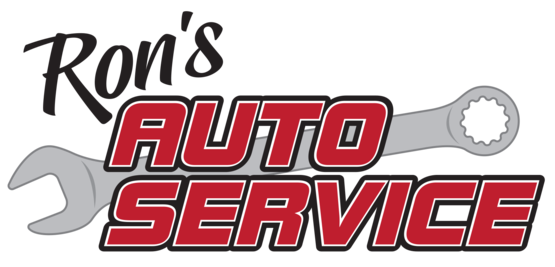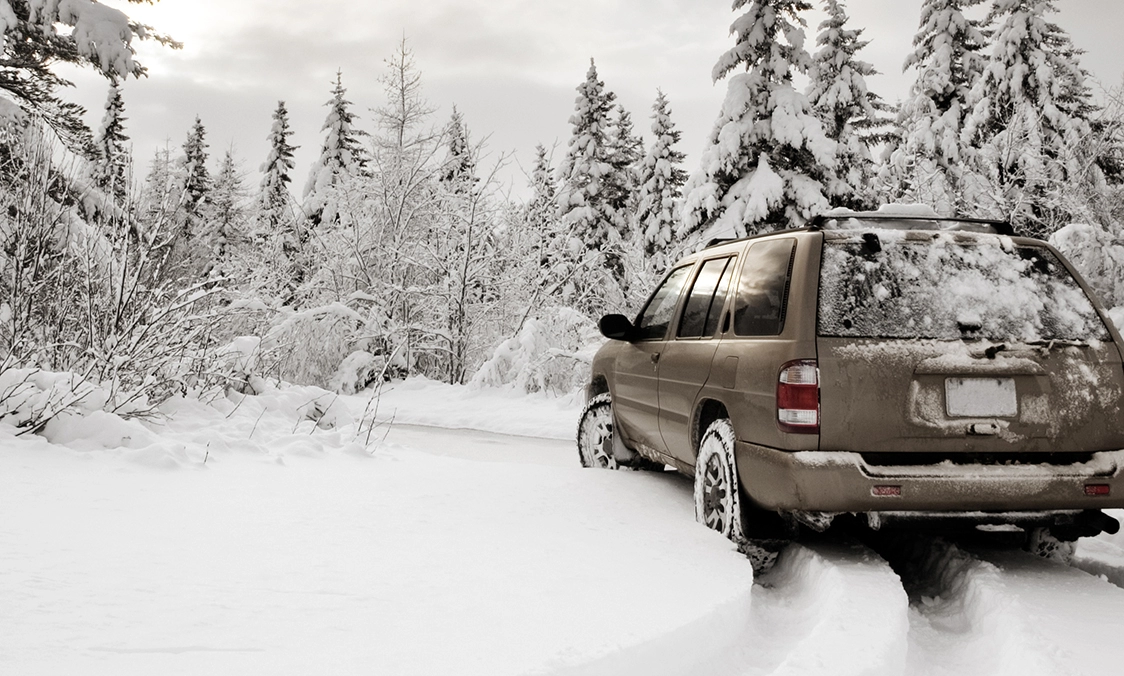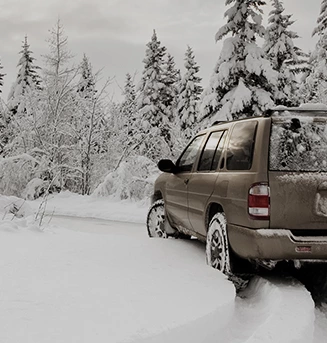TCB your PCV (PCV Valve Replacement)
July 28, 2024
Your gasoline engine goes through some exhausting work. Yes, it's truly exhausting, as in: it produces exhaust! And when your engine starts behaving like it's exhausted, such as running poorly or getting lousy fuel economy, the trouble may be something called a PCV valve.
Did you know it's a series of explosions that creates the power in your engine? The spark plugs ignite a mixture of gasoline and air and BANG! A whole bunch of those and you're engine is humming away. Leftover vapors from those explosions go into your crankcase, which is also a place where engine oil goes. Those vapors still have a lot of unburned fuel in them, and if they had nowhere to go, they'd turn your oil into a thick mess called sludge, not good for a smooth running engine.
Engineers came up with an idea. Re-direct those gasses building up in the crankcase into the engine's air intake and mix them with fresh air. That way the unburned fuel could go through the engine again and produce power. It also means the unburned fuel doesn't pollute the air. The part that makes that happen is called the Positive Crankcase Ventilation (PCV) valve.
Besides reducing pollution and preventing the oil from turning to sludge, the PCV valve also relieves pressure in the crankcase, reducing the potential for oil to leak. One of the reasons you should get your oil changed as frequently as your vehicle's manufacturer recommends is that it helps reduce chances for problems with the PCV valve.
After a while, the PCV valve can itself get gummed up and stick, and the driver may notice oil leaks, reduced power or engine hesitation. That's why it's important to make sure the PCV valve is operating like it should, and often it can be diagnosed during a visual inspection by our technicians. Replacing a PCV valve is usually quick and inexpensive. After it's done, your vehicle will run with the performance and fuel economy you're used to. Goodbye exhaustion!
Ron's Auto Service
1517 SE 25th Ln
Cape Coral, FL 33904
2398290873
Need Service?
More articles from Ron's Auto Service

Got it Covered! (Timing Cover Maintenance)
January 4, 2026
You may have heard at one time or another about something called a timing belt or timing chain in your engine. And you may know that if they fail well, let's just say that there can be some major engine damage. So obviously, we want our timing belts and chains to be in tip-top shape. One part t... More

Gearing Up (Differential Fluid Service)
December 28, 2025
You may have never thought about it, but when you turn a corner, the wheels on one side of your vehicle turn at a different speed than the other side. What is this magic? The answer is something called the differential. A differential is a gear box placed between the drive wheels and needs lub... More

Let's Clear Some Things Up (Headlight Restoration)
December 21, 2025
You know how exposing your skin to sunlight can cause sunburn and other unhealthy things. Sunlight can also create major problems for your headlights. After they've been exposed to ultraviolet light, acrylic headlights can yellow and fog due to oxidation. And when that happens, less light can ... More








